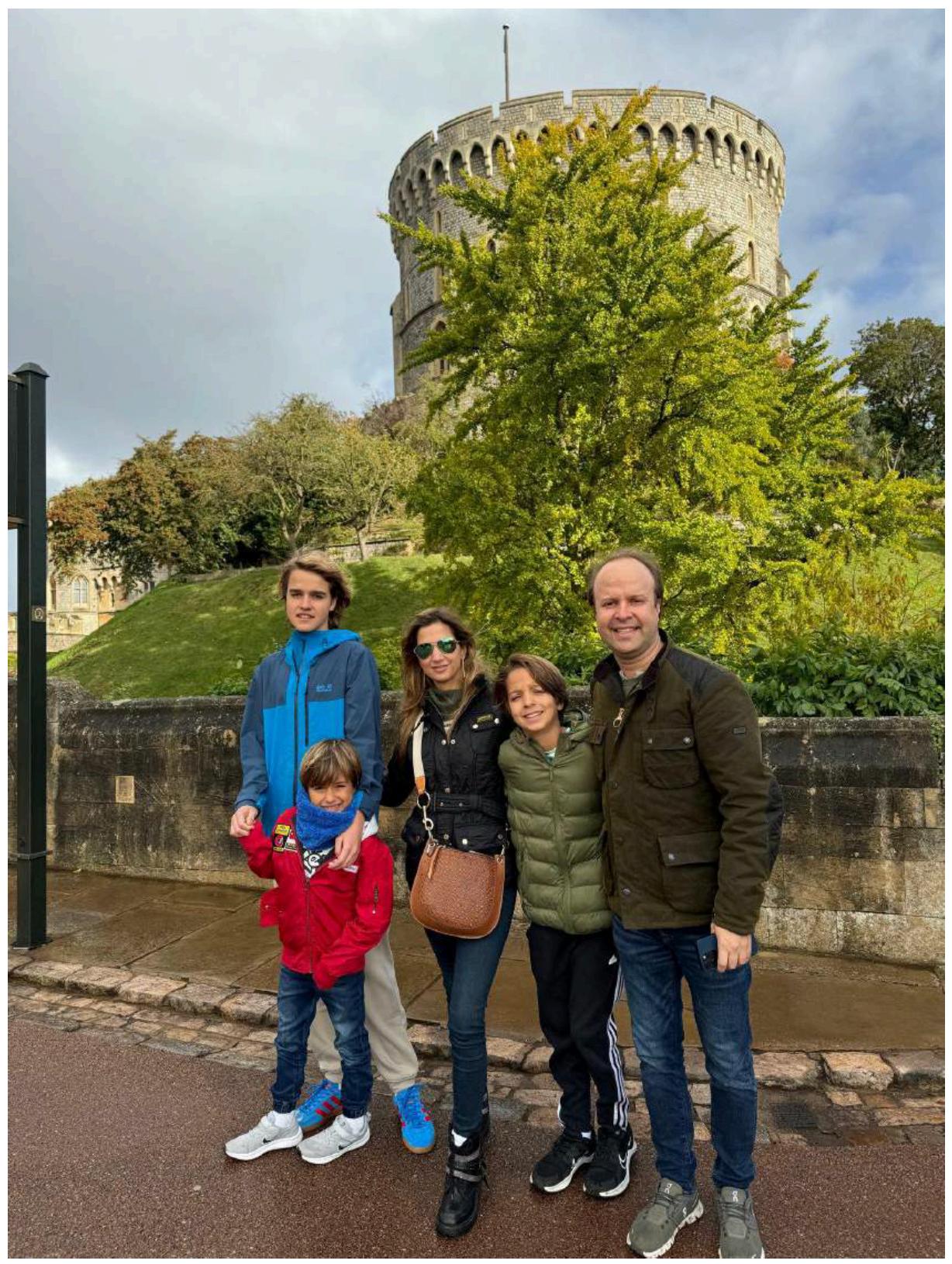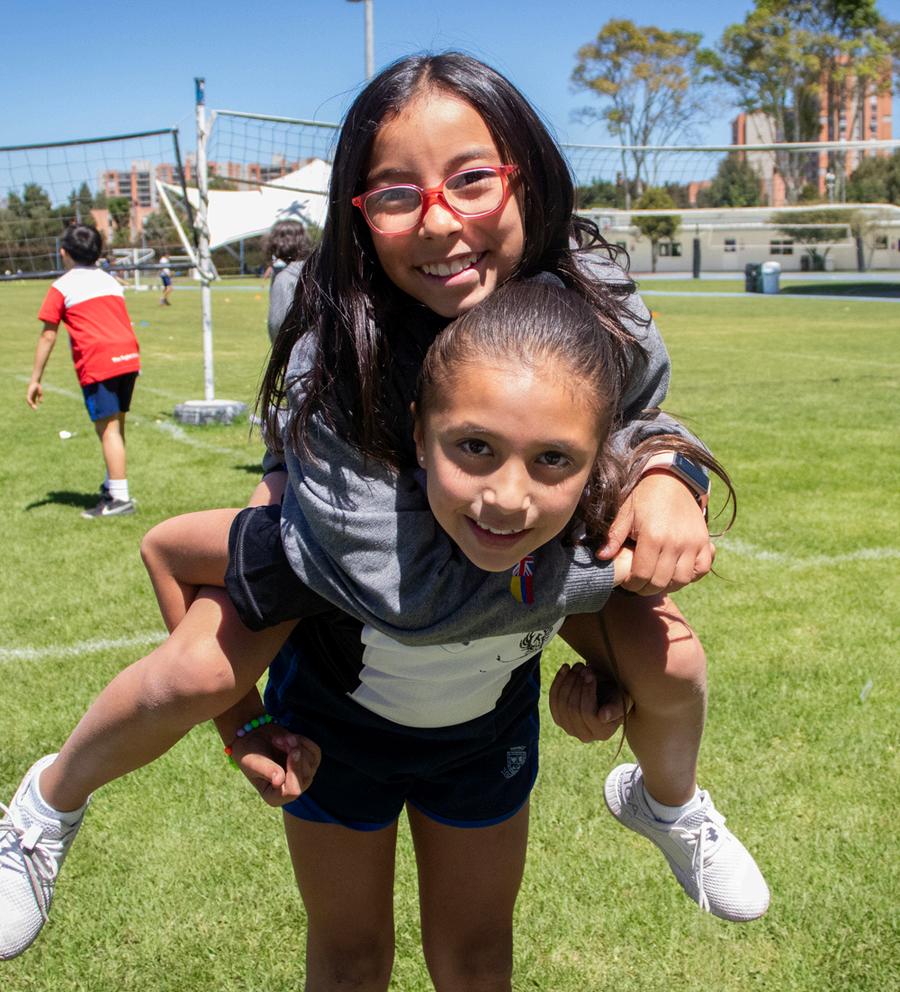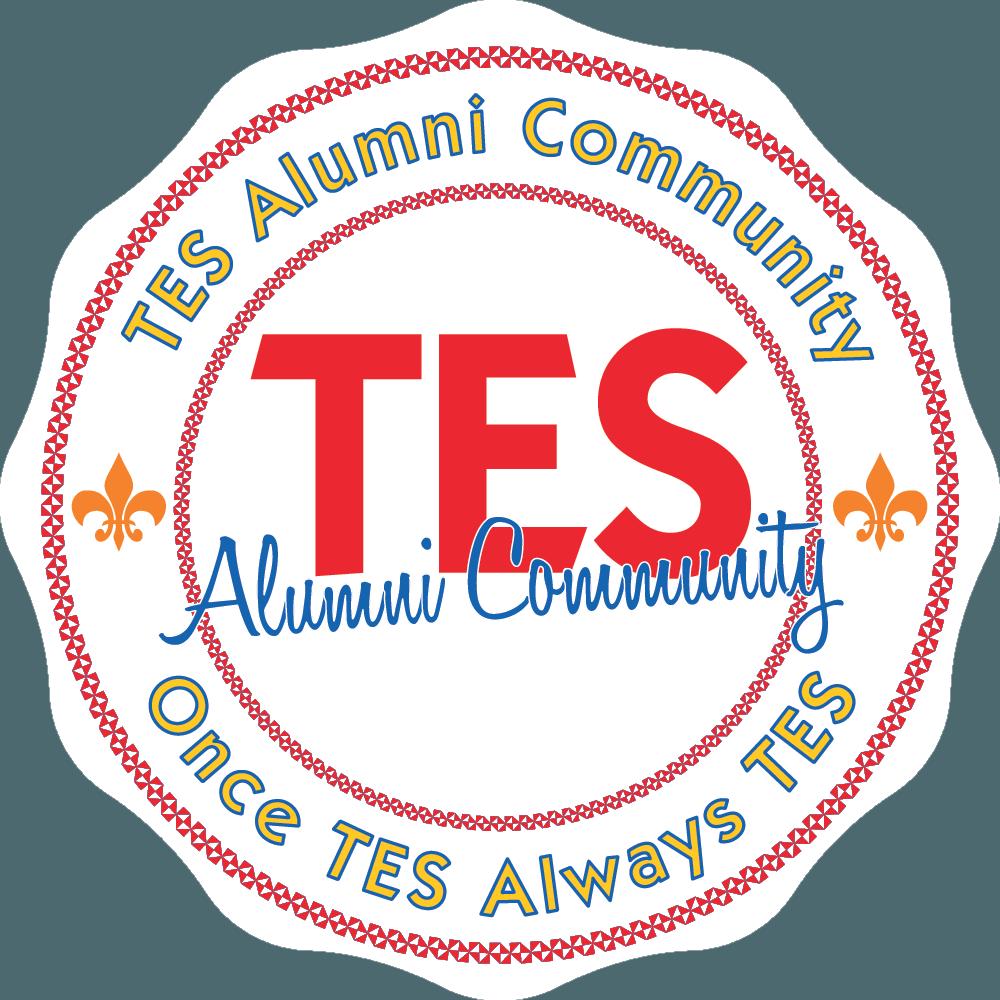


S I X T H E D I T I O N



















S I X T H E D I T I O N















Welcome to the 6th edition of "Once TES, Always TES"!
We're thrilled to kick off 2025 with this "International Edition," a fantastic collection of stories from our alumni students around the globe
In this issue, we'll hear from our alumni who have built new lives in other countries They'll share their academic, personal, and professional experiences, as well as the challenges they've overcome and the opportunities they've seized We'll also discover how The English School, through intercultural learning, global citizenship and international mindedness, has made a lasting impact on their journeys

At The English School, our vision is to cultivate agents of change in Colombia and the world I hope you find these stories inspiring, motivating, and engaging as we witness our alumni making their mark in every corner of the planet
Enjoy the read!
Adam Bennett Head of School and Rector
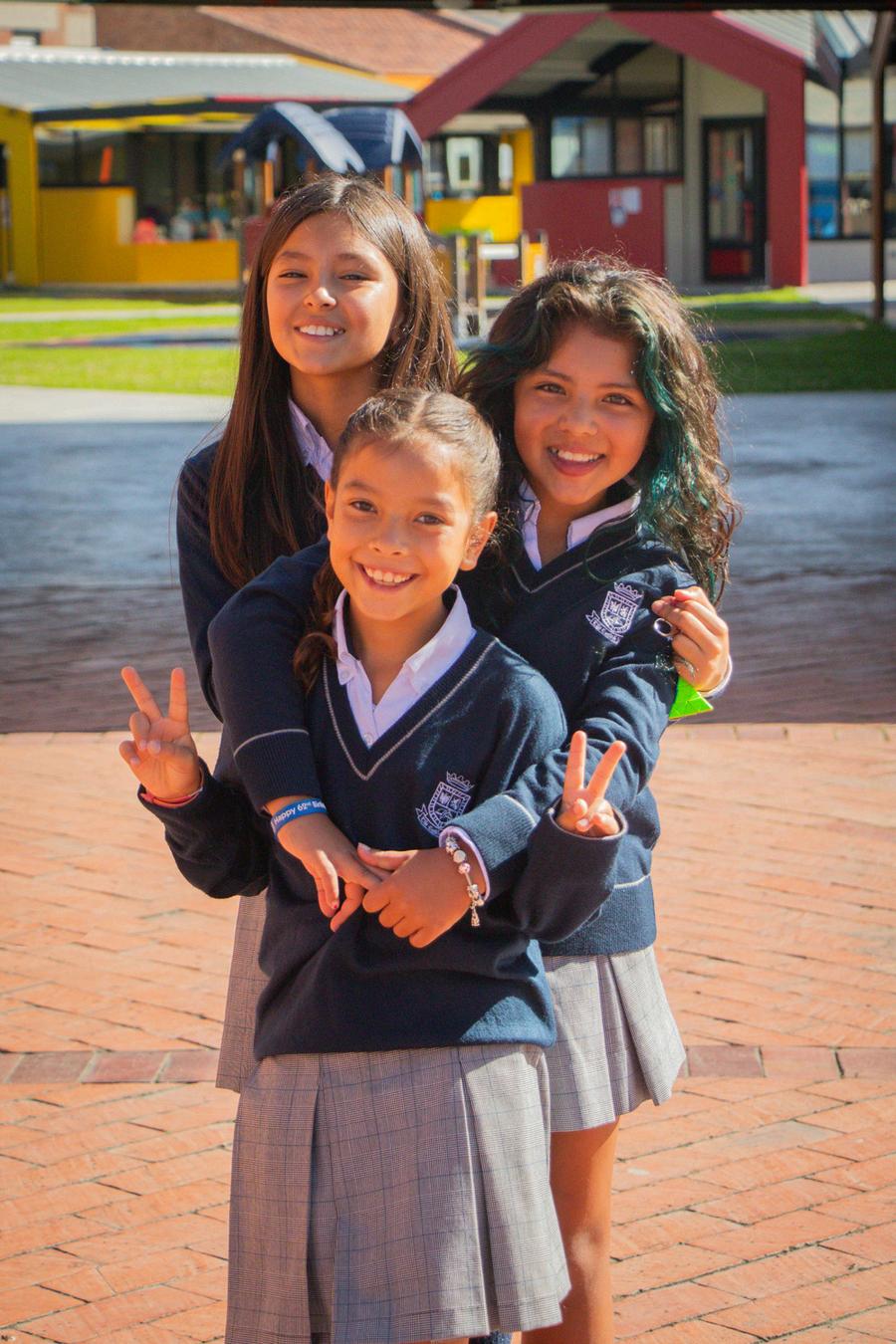
Tell us about your experience abroad.
I currently live in Adelaide, Australia, where I have been for the past five years. I first moved to Australia in 2017 and spent my initial two years in Melbourne before settling in Adelaide
As a teenager, I had the extraordinary opportunity to participate in an exchange programme to the United Kingdom facilitated by The English School With my parents’ support, I was able to take part in a three-month programme that offered me a profound insight into different cultures, sparking my desire to live overseas and embrace global experiences.
Together with my husband, I migrated to Australia with the clear intention of making it our permanent home From the outset, we were committed to establishing ourselves here and working towards becoming permanent residents.
Tell us about a time when you felt the biggest cultural shock.
Having had the opportunity to travel to the United Kingdom and other countries significantly helped to minimise cultural shock. However, arriving in a country where you know no one is undeniably daunting Starting from scratch is never easy, and while many warn of the challenges, experiencing it firsthand is an entirely different feel.

Daughter of current TES teacher: Martha Susana Aguilar
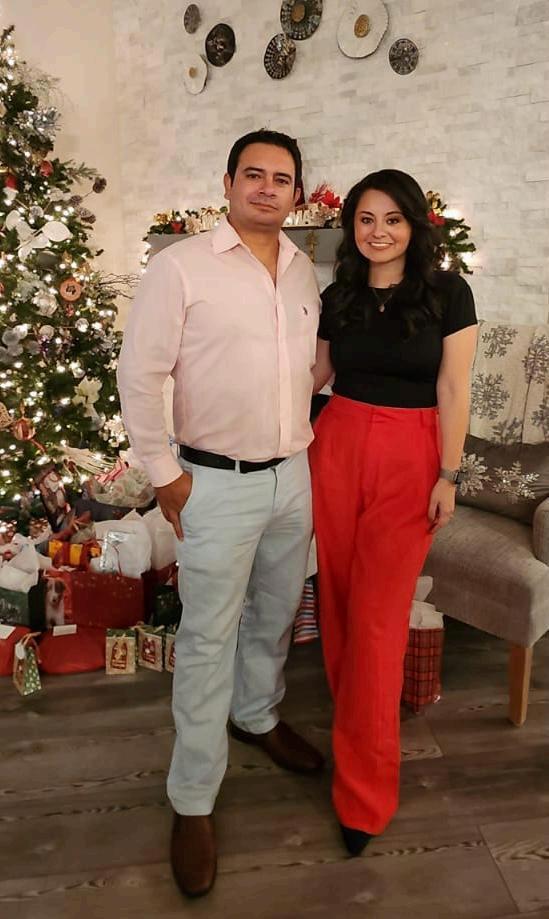
Australia


In countries like Australia, you can meet remarkable people who are willing to offer guidance and support Australians tend to value migrants for their strong work ethic and sense of responsibility. However, some people may initially feel mistrust towards migrants, making integration more difficult Over time, as trust is built, perceptions often shift, and these individuals come to realise the value and contributions that migrants bring to their communities.
Building new relationships and establishing a network in a completely foreign environment is undoubtedly challenging Yet, with time and perseverance, these obstacles can transform into opportunities for personal growth and meaningful connections

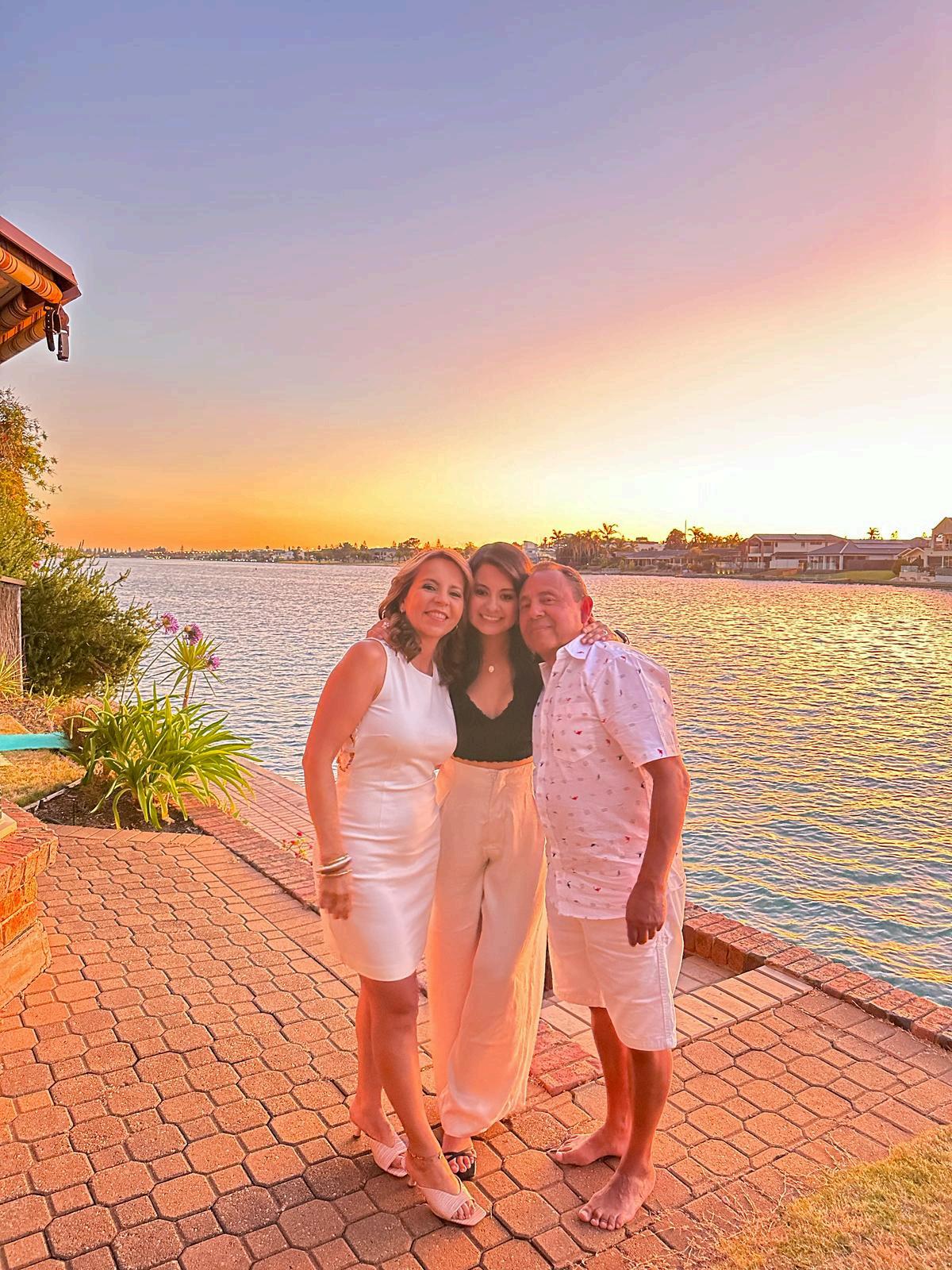
What would be the two advantages and disadvantages of working abroad?
Working abroad offers numerous advantages Firstly, it provides the opportunity to immerse yourself in a new culture, broadening your perspective and enhancing your adaptability in diverse environments Secondly, it often opens doors to career growth, allowing you to gain unique professional experiences and develop skills that might not be available in your home country
However, there are also challenges to consider One disadvantage is the initial difficulty of building a support network, as being far from familyespecially my parents and sister- can feel isolating Leaving so far away from my family has been very challenging Additionally, adapting to a different workplace culture, including new practices and expectations, can be challenging and requires patience and resilience
What advice would you have liked to receive before you left?
I would have appreciated advice about migrating earlier and at a younger age Although I migrated when I was 27, I now realise that doing so in my early 20s would have been preferable. When you are young, you often fail to grasp how quickly time passes and how lengthy or sometimes brief the migration process can be.


Immigration laws are constantly changing, sometimes to the benefit or detriment of migrants. Additionally, building a strong professional and personal network can take months or even years For those intending to pursue permanent residency, starting the process earlier is undoubtedly advantageous
What is the biggest lesson you learnt from TES that you are still putting into practice?
One of the most valuable lessons I learnt at TES was the importance of adaptability and embracing change TES taught me that stepping out of my comfort zone and being open to new experiences is essential for personal and professional growth.
This mindset has been invaluable throughout my journey, especially when navigating the challenges of migrating to a new country, building relationships, and establishing a career in a foreign environment. The ability to adapt and remain resilient continues to guide me in overcoming obstacles and seizing opportunities in my life and work.
Having had the opportunity to travel to the United Kingdom and other countries significantly helped to minimise cultural shock.
TES provided me with a solid foundation in critical thinking, adaptability, and cultural awareness. “ ”
What is your favourite memory of TES?
My favourite memory of TES is the sense of community and support that the school fostered among students and teachers. Whether it was participating in school events, collaborating on projects, or simply sharing experiences, the connections I built at TES have left a lasting impression on me. Those moments taught me the value of teamwork, communication, and mutual respect, which continue to shape my personal and professional relationships today.
I also cherish the incredible memories I made with my parents and sister, as we shared so many unforgettable times together. Moreover, TES holds a special place in my heart as it is where I met my husband The school is, without a doubt, a key part of my life story.
What are the foundations the school gave you in your education to help you get to this point in your professional life?
TES provided me with a solid foundation in critical thinking, adaptability, and cultural awareness. The school’s emphasis on a well-rounded education encouraged me to approach challenges with confidence and an open mind. Additionally, the focus on global perspectives and fostering curiosity prepared me to navigate diverse environments and embrace opportunities beyond my comfort zone.
These foundational skills have been instrumental in my journey, helping me adapt to new circumstances, build meaningful connections, and achieve success in my professional life


What advice would you give current TES students planning their lives abroad?
My advice is to migrate early and approach the process with thorough preparation Avoid relying solely on one or two opinions; instead, carefully research the immigration laws of your chosen destination and reflect on whether you truly want to establish a permanent life there
Many individuals initially plan to travel "just for studying" without a clear intention of staying This uncertainty can lead to investing time and resources in a field of study that may not support your long-term goal of settling in that country
Take the time to explore all possibilities and scenarios offered by your chosen destination. Consider the diverse pathways available, and always seek multiple perspectives. Investigate, examine, and explore to ensure you make informed and strategic decisions about your future
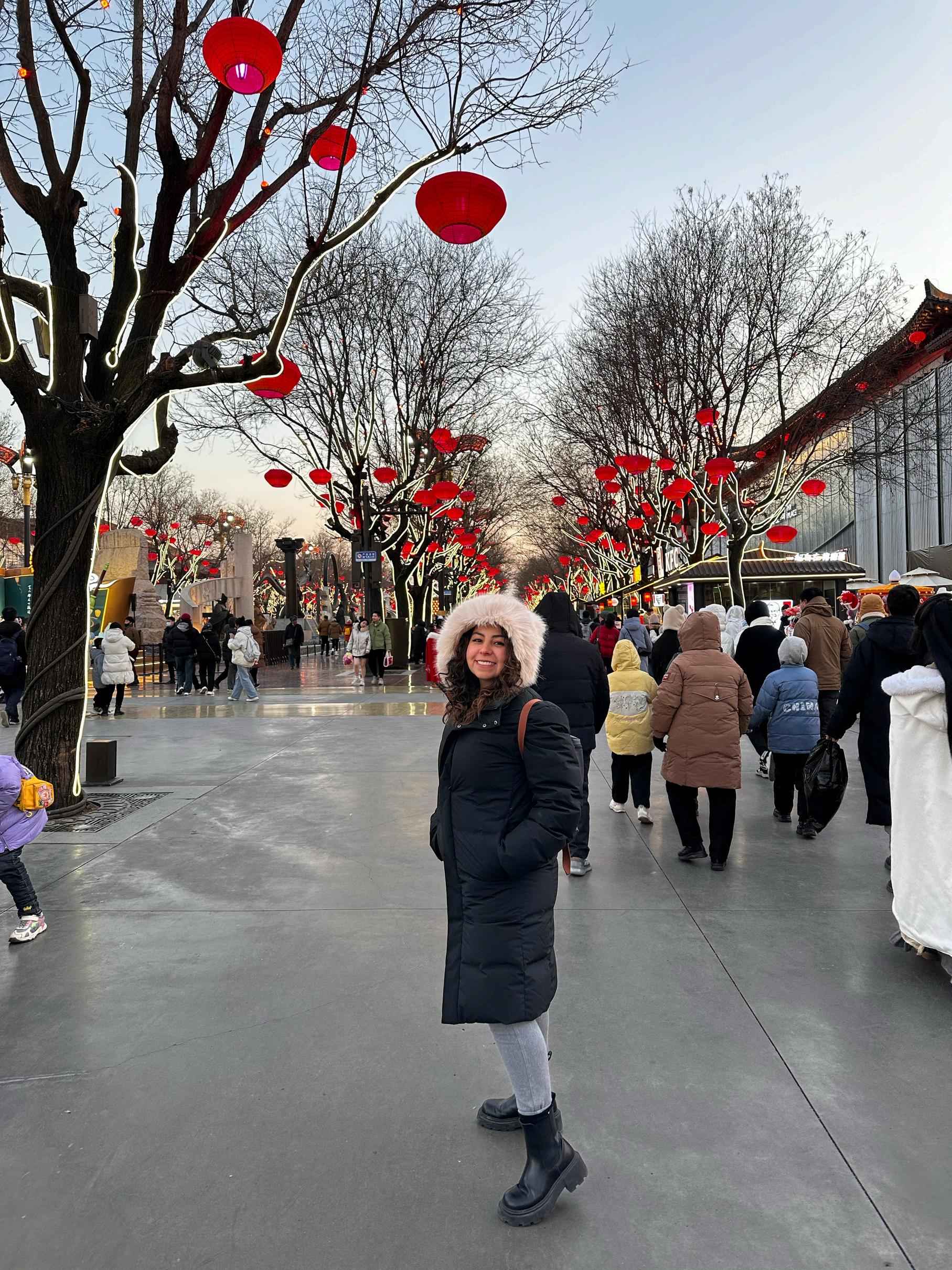

Daughter of current TES teacher: Martha Susana Aguilar
When we first got here, everything felt completely different, even more so we didn’t speak any Mandarin While many people in Shanghai speak English, especially in the business district, the dominant language is Mandarin. It is challenging to communicate in less touristic areas


Tell us about your experience abroad.
Since I was in school, I had the opportunity to travel and to get to know people from other countries TES gave me several opportunities, starting with the 3-month exchange to the UK and later with the different events hosted by the Philosophy and Anthropology departments
In 2016, I moved to Shanghai with my fiancé. We initially came to do our internships, yet we fell in love with the city It has already been 9 years, and we plan to stay here longer.
Tell us about a time when you felt the biggest cultural shock.
Being able to travel to different countries from a young age helps you have an open mind about other cultures. When I was in the UK, I had the opportunity to meet many people from different parts of Asia, so I already knew a bit about it
Something I also took some time to get used to was the food. Shanghai cuisine is delicious but can be quite different from Western food There are a lot of street foods and dishes that everyone is willing to try. For example, I’m still not willing to try tofu; even though it is a local delicacy, it has a very strong smell
What would be the two advantages and disadvantages of working abroad?
Living abroad gives you the opportunity to experience new cultures firsthand You get to learn a new language, try different foods, understand different customs, and gain a broader perspective of the world Being in a new environment can push you out of your comfort zone, making you more adaptable, resilient, and independent You'll develop problem-solving skills and become more confident in navigating unfamiliar situations.
On the other hand, you will get homesickness Being far from family and friends can be challenging. You might miss important events and feel a sense of isolation or loneliness, especially during holidays and special occasions Also, adapting to a new culture can be difficult. You might face language barriers, different social norms, and sometimes even culture shock Adjusting to these changes takes time and effort.
What advice would you have liked to receive before you left?
Embrace Change: Moving to a new country brings about a lot of changes. It’s important to stay open-minded and flexible, as you’ll encounter different customs, traditions, and ways of doing things. Embracing these changes rather than resisting them can make your transition smoother
Stay Connected to Home: While it’s important to immerse yourself in your new environment, staying connected to your roots can help alleviate homesickness. Keep in touch with family and friends and maintain traditions that are meaningful to you
Be Patient with Yourself: Adjusting to a new country takes time Don’t be too hard on yourself if you feel overwhelmed or struggle with certain aspects. Give yourself grace and celebrate the small victories along the way.

What is your favourite memory of TES?
One of my favourite memories goes back to the Sports Days When we were in Grade 1 or earlier, parents were always invited, and the entire class would be a team.
It was very nice to see everyone wearing the same colour shirts and props such as hats or pompoms. Also, the activities made by the P.E. teacher where fun and engaging making the day unforgettable
What is the biggest lesson you learnt from TES that you are still putting into practice?
One of the most important lessons TES taught me was the value of critical thinking and problemsolving At TES, we were encouraged to approach challenges with an analytical mindset, to question assumptions, and to explore multiple solutions This has been immensely valuable in my professional life, where I consistently apply these skills to tackle complex problems, develop innovative solutions, and make informed decisions
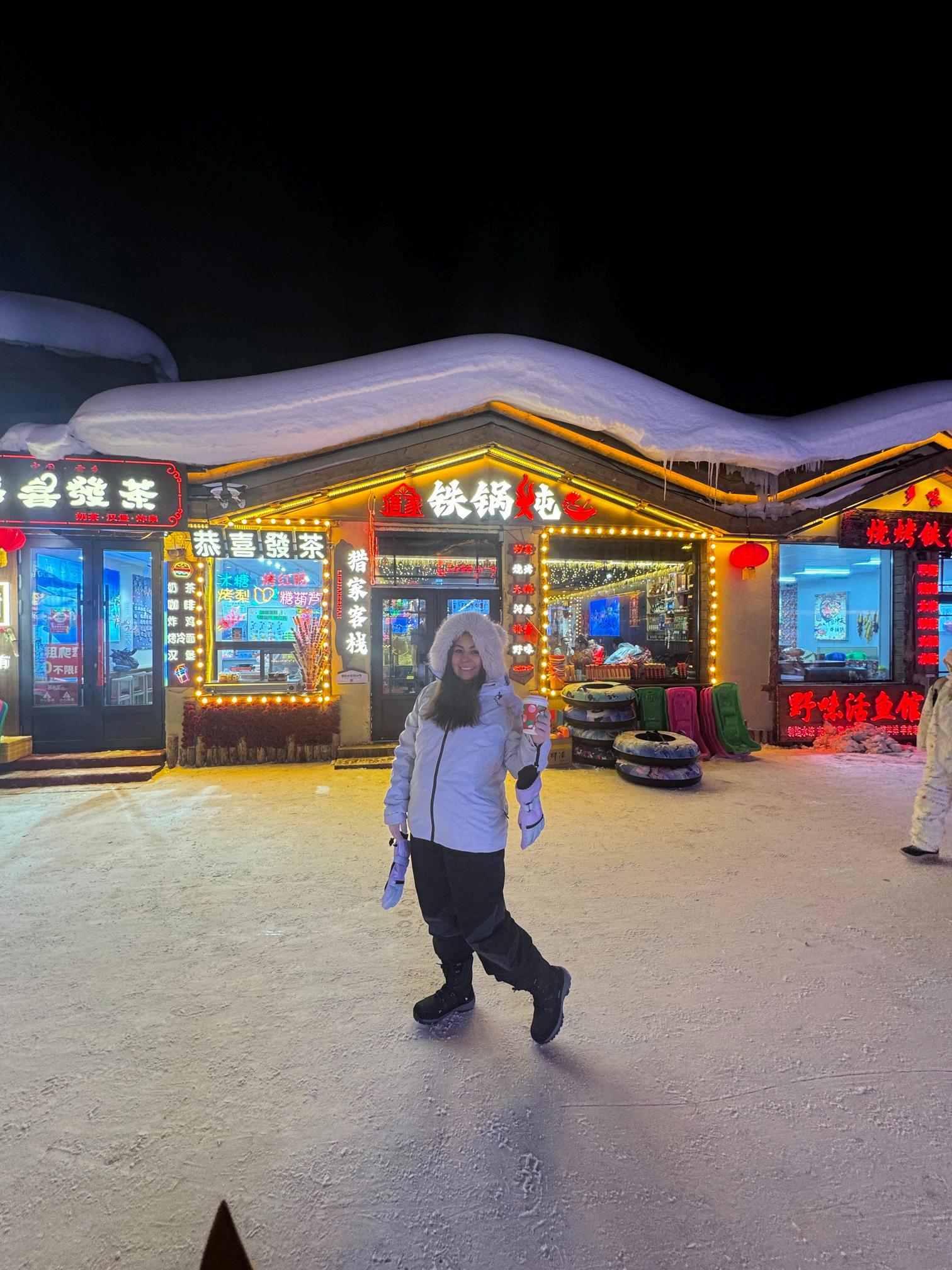
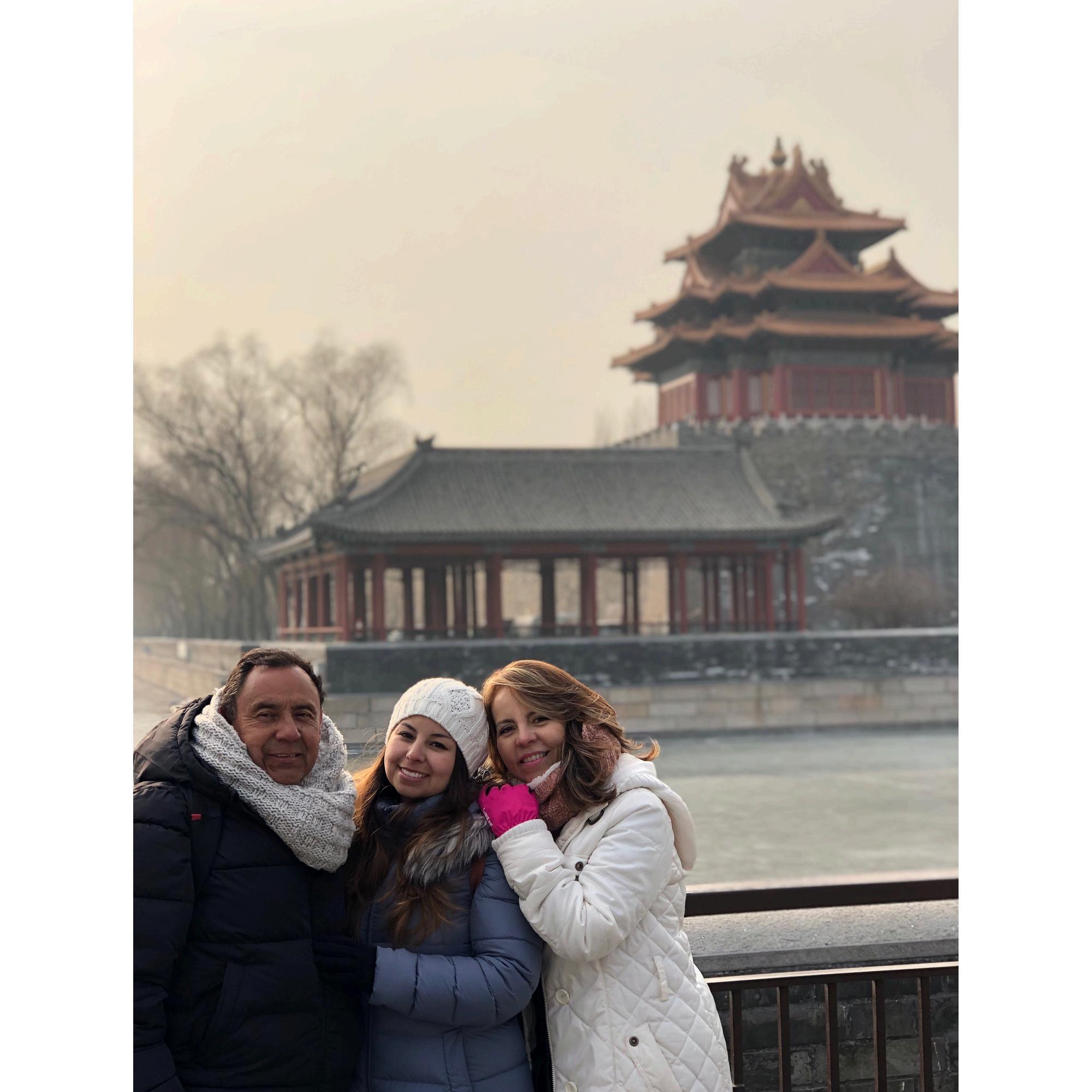
What are the foundations the school gave you in your education to help you get to this point in your professional life?
The education I received at TES laid a strong foundation for my professional journey by instilling in me critical thinking, effective communication, and collaborative skills TES emphasised the importance of analysing problems from multiple perspectives, which has enabled me to approach challenges with innovative solutions in my career The emphasis on clear and concise communication at TES has been invaluable in ensuring my ideas are effectively conveyed to colleagues and clients. Additionally, the collaborative projects and teamwork experiences at TES have equipped me with the ability to work harmoniously in diverse professional settings, fostering a productive and supportive work environment These foundational skills have been instrumental in my growth and success in the professional world
“ ”
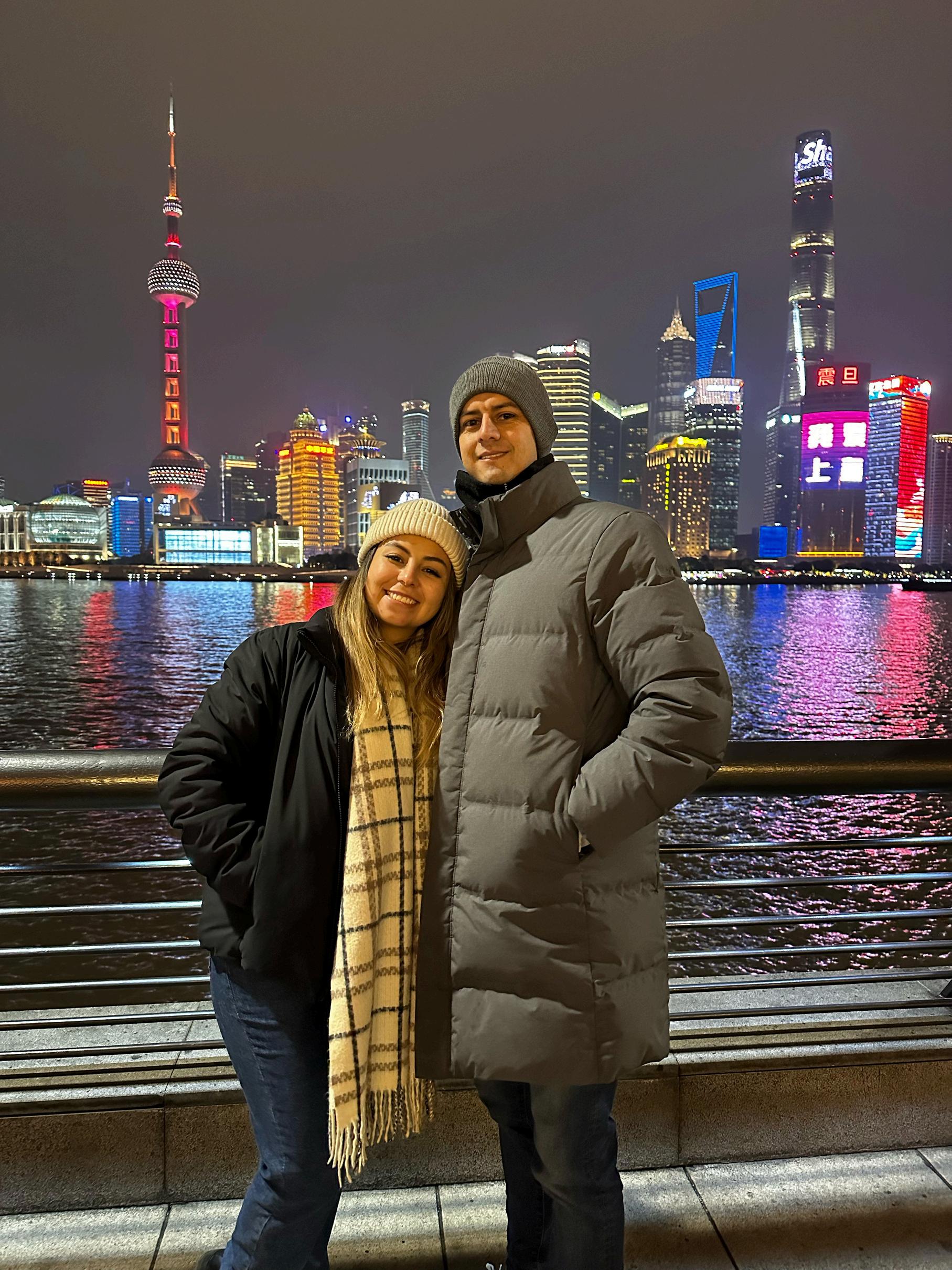
Take every challenge as a chance to learn and grow, and you will have a rewarding experience.
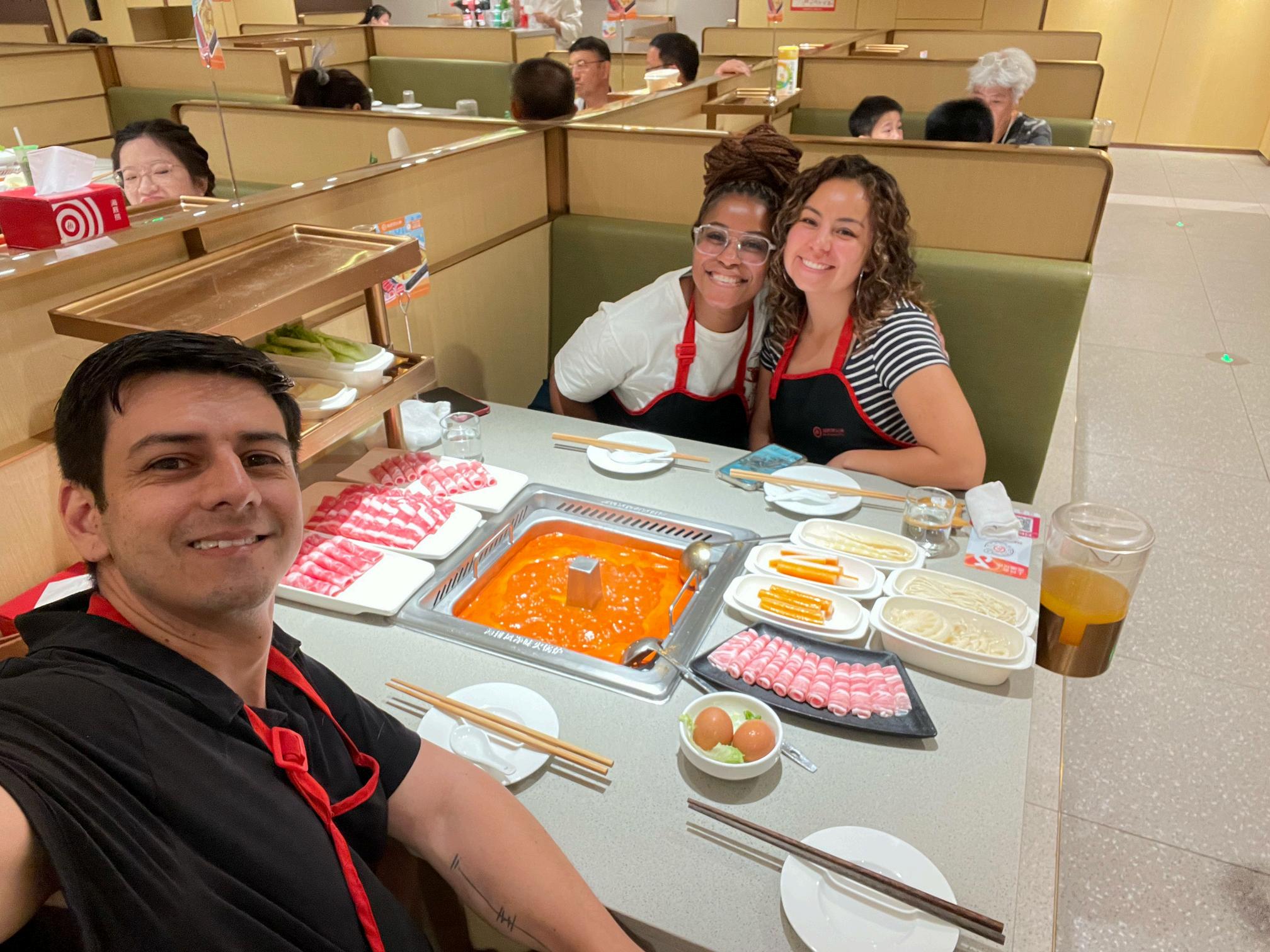

What advice would you give current TES students planning their lives abroad?
To all TES students planning to live abroad, my advice is to embrace the adventure with an open mind and strong spirit. Moving to a new country is exciting but also challenging Learn the local language to fully experience the culture, and don't hesitate to make new friends and try new things Keep in touch with your family and friends back home, as they will support you when you feel homesick. Be curious and respectful of cultural differences and be patient with yourself as you adjust The skills you ’ ve learnt at TES, like thinking critically and being adaptable, will help you succeed. Take every challenge as a chance to learn and grow, and you will have a rewarding experience.




Diana Beltrán, Class of 2007, shares her experiences living in Switzerland, as well as how TES has been an important influence in her life
Diana is the daughter of Luis Enrique Beltrán, a former ICT teacher at TES.
Click
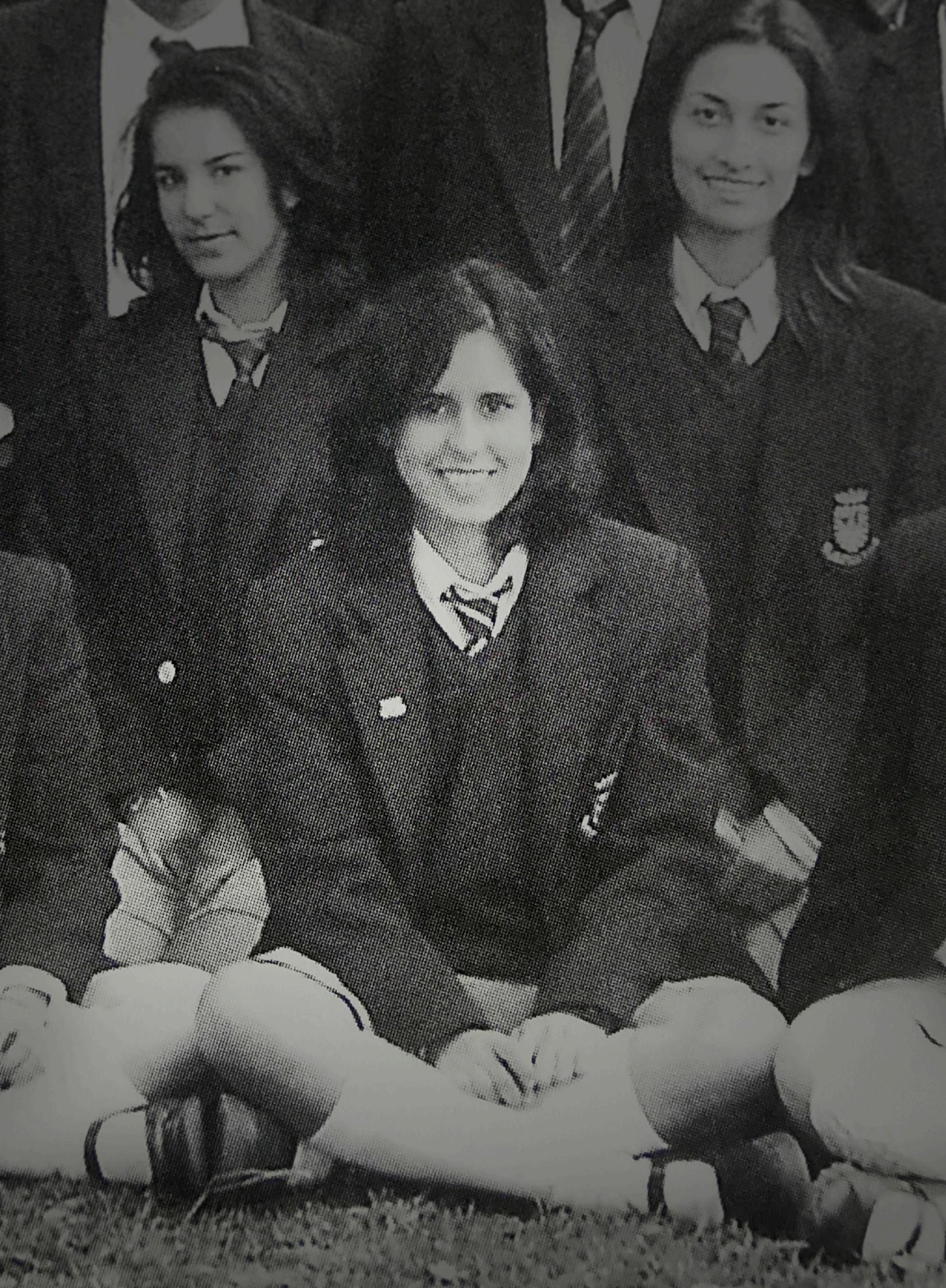

Tell us about your experience abroad.
I left Colombia in 2010 to do a Master’s degree (MBA) in Spain My plan for after the MBA was not set, but out of complete luck, I ended up being offered a 3-month project in Uganda. It aligned with my professional goals, and I was eager to explore life outside of my comfort zone I ended up living in Uganda for nearly 3 years, after which I came to the UK with my now partner (who is British)
I’ve now lived in the UK for 10 years and have established it as my permanent home
Most of my life now is the result of my openness to different things – alternative jobs (I transitioned from Finance to Non-Profit, and now to Business Development in a research company), alternative locations (I don’t know many Colombians who venture all the way to Uganda!) and people of different cultures I love my country and the people in it, but I always try to meet as many new people as possible and expose myself to discomfort


I feel it has given me the ability to adapt anywhere and to have a wealth of knowledge that allows me to work with people from other cultures
Tell us about a time when you felt the biggest cultural shock.
Whilst working for a non-profit, I went to India for three weeks to support a project we were developing there for smallholder farmers Most of the places we went were rural and remote, and I discovered that they have completely different restrooms than us I won’t go into details, but that was a difficult experience!


What would be the two advantages and disadvantages of working abroad?
Advantages:
Understanding different ways of working that can be better / more efficient. Building EQ (emotional quotient) which I consider a huge success factor in career development in general.
Disadvantages
Some careers don’t have transferrable experience between countries and will mean starting from scratch (for example, law, medicine or architecture). You need to get used to being uncomfortable, which can be a challenge for some people
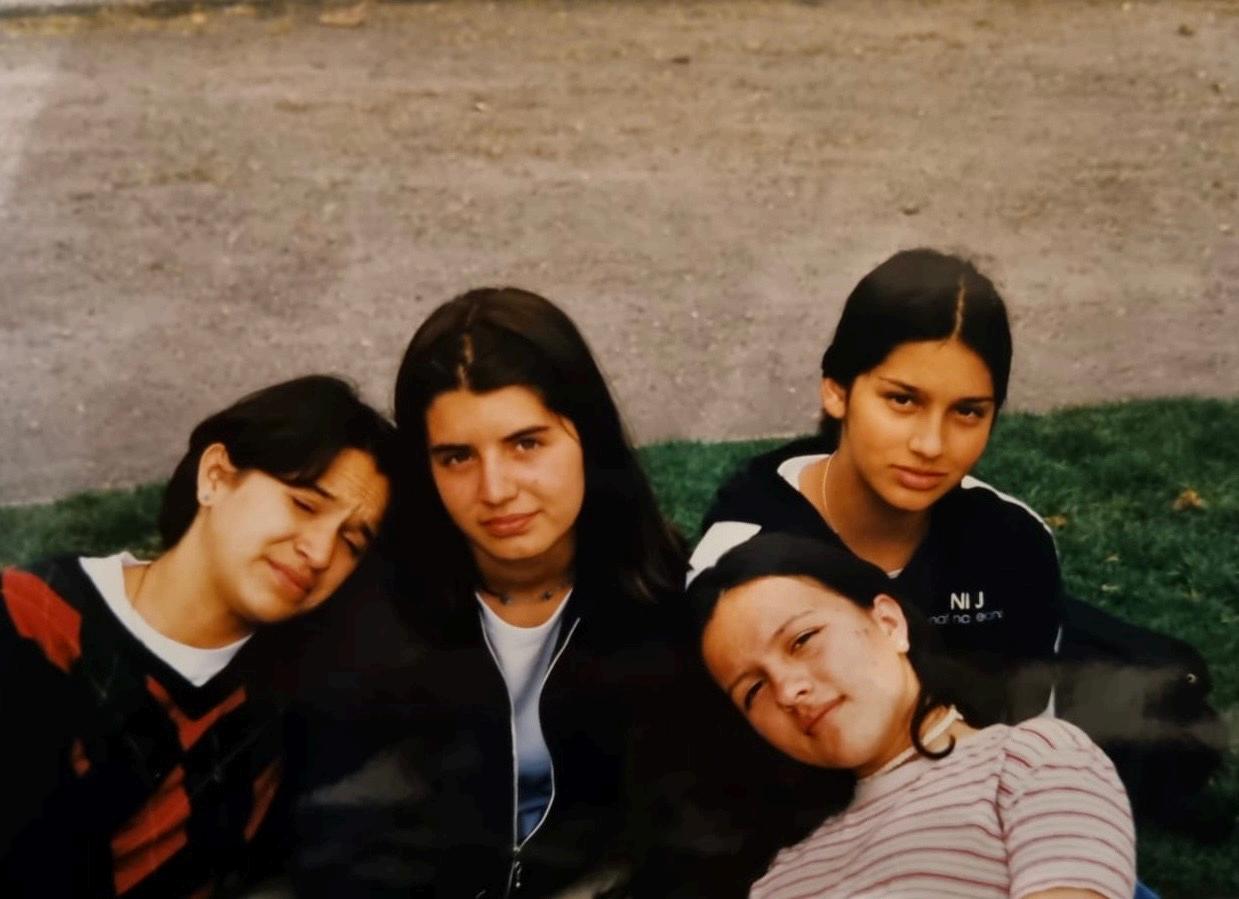

What advice would you have liked to receive before you left?
Careers are not a race! Don’t compare yourself to others, and don’t feel pressured to do as everyone else is doing Success is not a job title or salary, and you should never feel that yo lf h d l related to your job.
I’ve realised t comes from e new ideas and seeking know “
What is your favourite mem
One of my favourite memor the Sports Days They were and fun events
What is the biggest lesson that you are still putting in
One of the most valuable les is to always be open and c I’ve realised that growth c new ideas and constantly se learned never to assume th there is always more to disco
What are the foundations the school gave you in your education to help you get to this point in your professional life?
Structure is key – careers, jobs and life benefit from having a framework and structure so you can ff l h
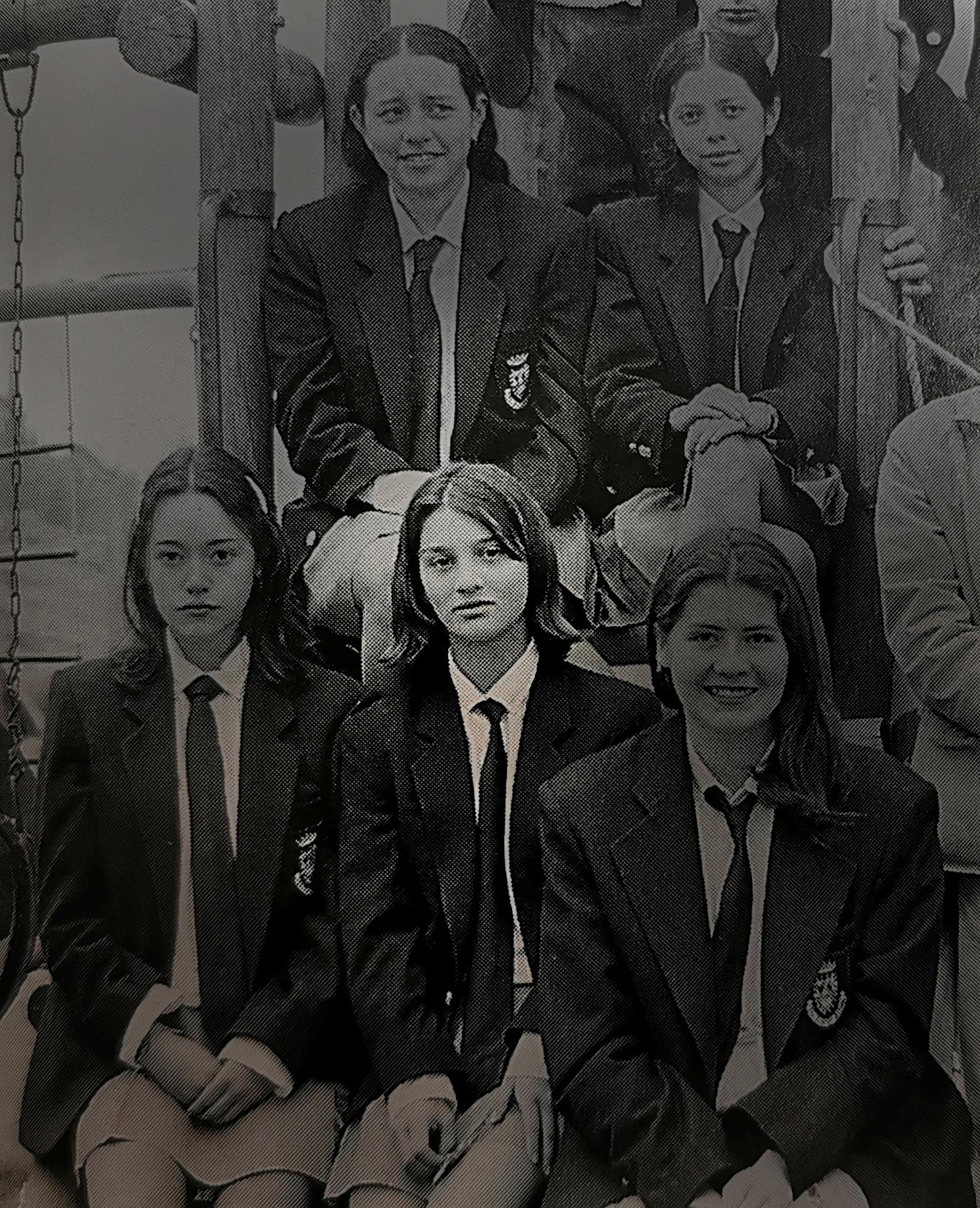





César Sánchez, Class of 2014, share with us his experience during his student years as well as the incredible initiative he is supporting.
If you would like to donate to this initiative, click here
Join me in this exciting challenge along with Children Change Colombia
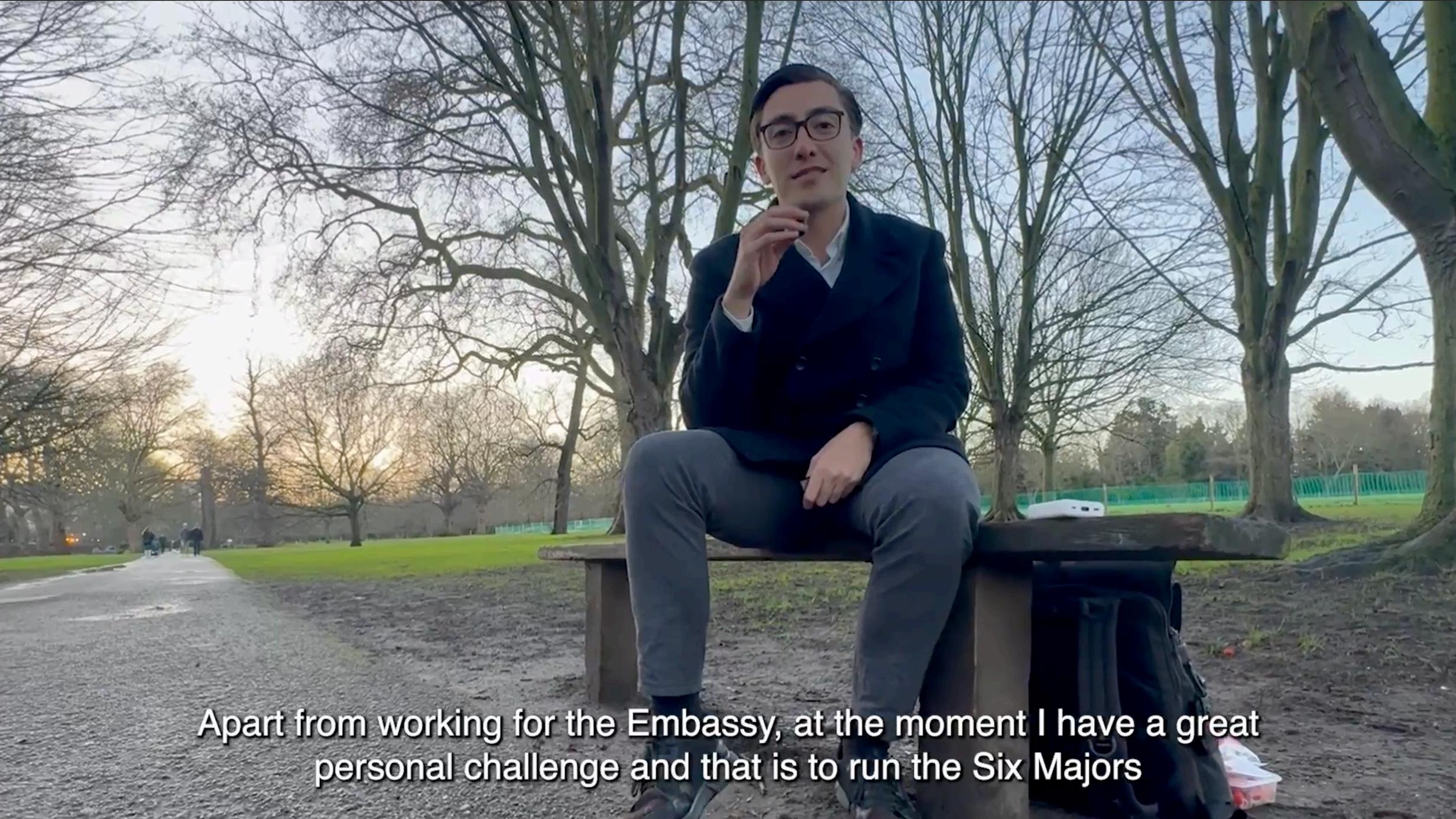


United States

In 1991, I was finishing my final year at TES with the knowledge that, later that year, my family and I were planning a move to Cairo, Egypt My mother is Colombian and my father is Egyptian, and he was eager to move back after living in Bogotá for a decade
I moved abroad by default and with a broken heart, but it was the best decision – in retrospect – that my parents ever made I won’t lie, the move was a culture shock, mostly because I was plucked out of my comfort zone and into the unknown PRE INTERNET! E-mail didn’t exist, let alone smartphones It was a time when people wrote actual letters, put a stamp on the envelope and hoped it would make it to South America within three months
No one can train you for that, but TES had given me two important tools crucial for my entrance into an incredible life experience:
1 English fluency
2. The IB diploma.
“ ”
I moved abroad by default and with a broken heart, but it was the best decision.
Although my English wasn’t perfect, it was strong enough along with my International Baccalaureate diploma to secure my acceptance at The American University in Cairo. I did my Bachelor’s in Journalism and Mass Communication and after graduation, I worked for a year at the Associated Press in Cairo.
A year later, I moved back to Bogotá and worked at El Tiempo and Portafolio newspapers before applying and getting accepted to do a Master’s degree in Journalism at Columbia University in New York.
I stayed in New York and worked for many years as a financial journalist for Reuters and then as an editor for the Wall Street Journal. I now work for GQG Partners, an institutional asset manager doing investigative research on the companies – and their leaders – that we invest in on behalf of pension funds, endowments and foundations.
Some of the challenges of leaving one ’ s comfort zone is that you become a small fish in a big pond. Your extended network of family and connections is spread out, and it becomes difficult to stay connected all the time. You have to rely on yourself for virtually everything And yet the benefits are immense You are a blank slate and can redefine and recreate who you want to be without any judgment. Your success largely depends on your determination, discipline, and dreams The opportunities are grander, and the limits are just in your head.
“ ”

Your success largely depends on your determination, discipline, and dreams.


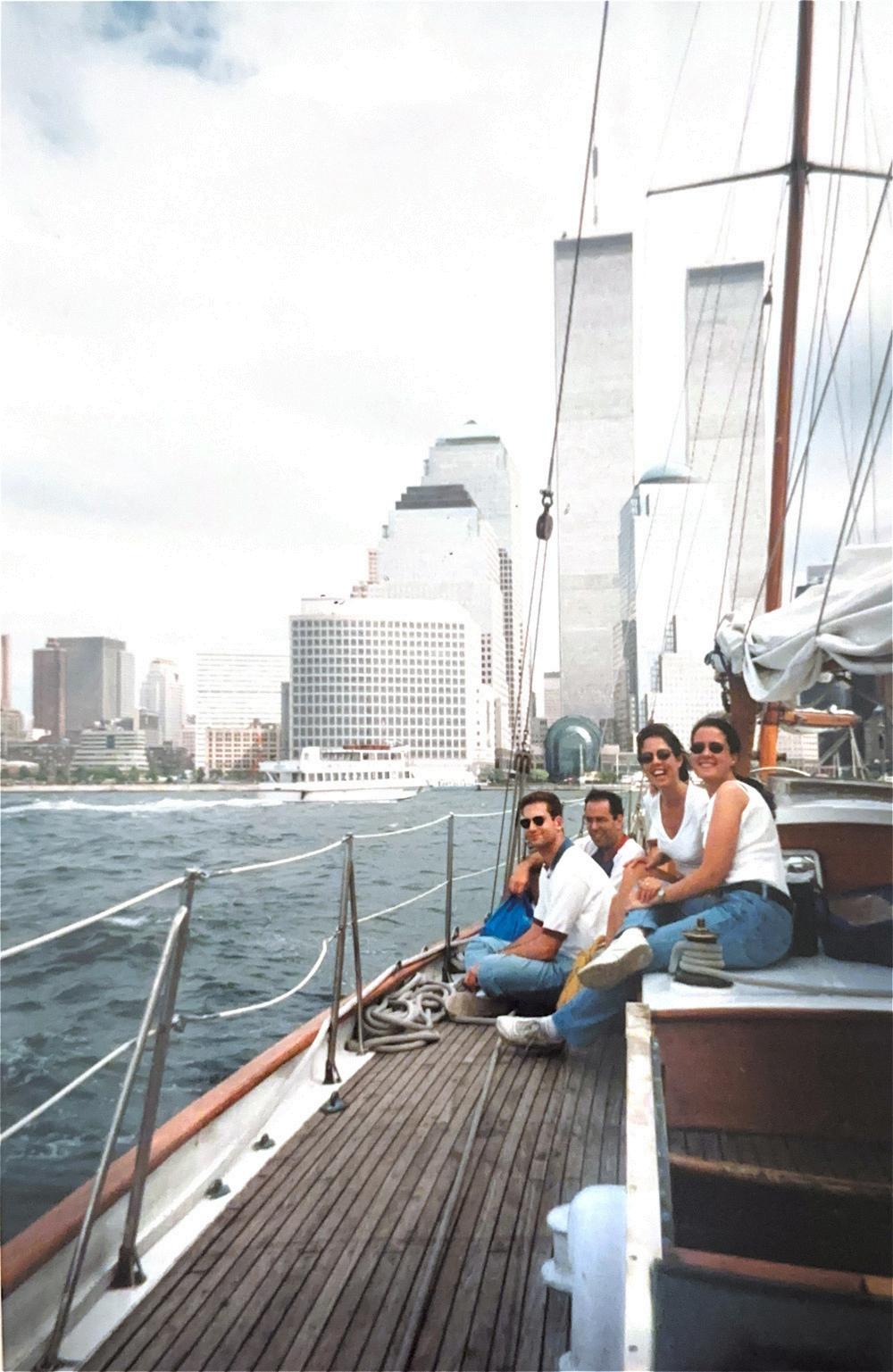


“ ”
So go for it so that you don’t regret it.
Regrets
mostly come from actions you didn’t take rather than things you tried and failed.
The English School not only gave me the tools mentioned above but also the confidence and stability that only a strong community with solid core values can offer.
TES gave me the gift of growing up with a relatively small group of classmates that became my chosen Colombian family and friends. I spent five days a week with them during nine of my childhood and teenage years. That turned out to be the most wonderful blessing. We grew up during a particularly violent period in the country The silver lining was that we hung out, partied at each other’s homes and spent more time together. We stay connected to the point that a few months ago, we got together to celebrate our 33-year graduation anniversary. We have become family; we help, celebrate, and support each other no matter which city, country, or continent we find ourselves in at any given time.
I am married to a Canadian and have three sons, Alex (17), Nico (16), and Leo (8), and Archie, our English-cream golden retriever I tell my older son, who wants to accomplish something unique and different from his classmates, to go for it Those who tell you “don’t do it” or “ you can’t,” “it’s too difficult,” “how are you going to do that?” it is because they are projecting their fears, not their dreams So go for it so that you don’t regret it Regrets mostly come from actions you didn’t take rather than things you tried and failed.
TES gave me memories and life experiences that will last a lifetime. I would warmly conclude by suggesting that you enjoy every minute of your school years because once you are outside, life will get busy, complicated, and sometimes messy. As an old American radio DJ, Casey Kasem, used to say: “Keep your feet on the ground and keep reaching for the stars.”

Tell us about your experience abroad.
My family had been contemplating a move to the USA since my high school days, but the plan didn't take shape until after I vacationed in Miami the summer following my graduation. Though I was enrolled to begin my BFA at Universidad de los Andes that fall of 1998, I felt a strong pull to start right where I was. The decision to stay wasn't easy I had to leave everything behind but the prospect of embarking on this new chapter was exciting My parents were supportive, explaining that Florida would be our new home. This meant starting my career there while, unfortunately, my family would remain divided for a couple more years, as my mother and sister, who was completing her medical degree, stayed back in Colombia
Everyone's journey to moving abroad is unique, and for me, it was about following my family Reflecting on that experience, I warmly encourage everyone to seize the opportunity to study or intern in a different country. Cultural exchange is profoundly enriching. You'll encounter new ways of life, different values, and diverse activities that challenge you to appreciate your roots or reconsider the direction of your life These experiences can significantly expand your perspective, opening your mind to new possibilities and ways of living.
After deciding to stay in the U S , my next step was to ensure my education continued seamlessly. Thankfully, my IB education made the transition smoother I was able to transfer credits for electives, which shortened my time in college. By the fall, I was already enrolled and had started my classes

United States

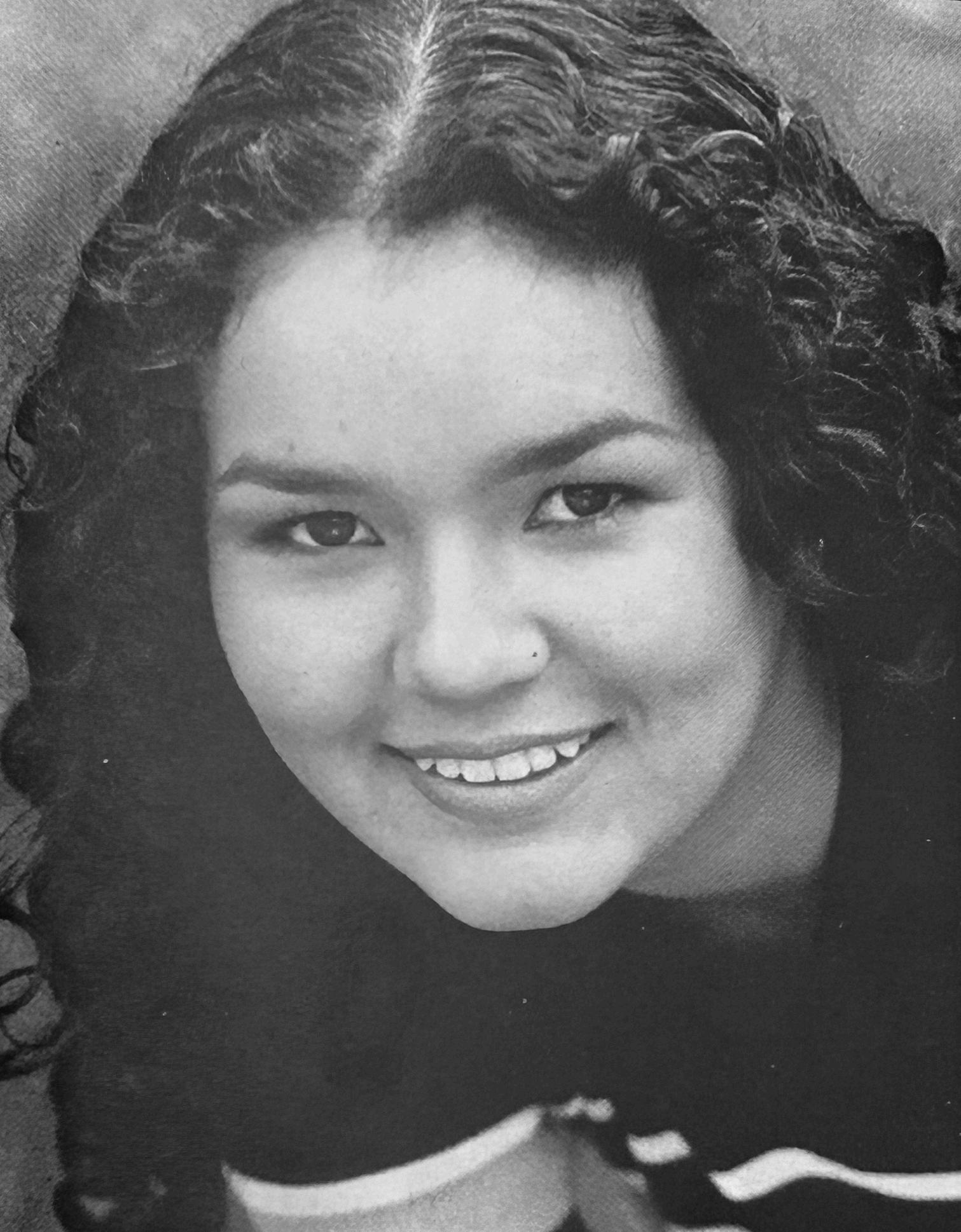
Tell us about a time when you felt the biggest cultural shock.
One of my biggest cultural shocks after moving to the U S was adapting to the daily routines that were very different from those in my home country.
Back in Colombia, it was common to have help with household chores like cooking and laundry, so adjusting to doing all of this myself while attending college was a challenge I often found myself relying on pre-made meals or fast food, which simply couldn’t replace the comfort of a homemade meal
Moreover, living in Florida required me to adapt to a car-dependent lifestyle, as public transport options were sparse and inefficient This was a stark contrast to the more accessible urban transit back home, and learning to drive everywhere, even for small errands like grabbing a coffee or grocery shopping, was a significant change


What is the biggest lesson you learnt from TES that you are still putting into practice?
Attending TES was a remarkable experience that I still cherish deeply The school's structure, from Early Years through Grade 11, allowed me to grow alongside close friends, forging relationships that have remained strong for over 20+ years This sense of community was invaluable, providing a stable foundation during those formative years and fostering a deep sense of belonging
One of the most significant lessons I learnt from TES, which I continue to apply daily, is the importance of being solution-focus and thinking creatively. The school encouraged us to voice our opinions, think independently, and even shape our educational paths This approach honed my ability to think outside the box and instilled a proactive attitude towards problem-solving. This mindset has been crucial in my career, especially in navigating the complexities of running a business and adapting to new challenges.
This sense of community was invaluable, providing a stable foundation during those formative years and fostering a deep sense of belonging. “ ”
What would be the two advantages and disadvantages of working abroad?
Working abroad, particularly in the U.S., offers significant advantages and some notable disadvantages
Advantages:
In major U S cities like New York, Chicago, or Los Angeles, the scale and diversity of career opportunities are vast. These cities are home to large corporations offering varied career paths that might not be available elsewhere
The U.S. job market is conducive to nurturing young talent, with internships readily available from the early stages of college This provides invaluable industry exposure and can often serve as a direct pathway to securing a dream job
Disadvantages:
As a woman and an immigrant, I've faced wage disparities where women, especially immigrant women, earn less than their male and American counterparts, even in the same roles
Health insurance is an unavoidable and often costly expense in the U.S., with premiums potentially higher for women in their twenties due to perceived pregnancy risks
Overall, my advice is to focus on changing what you can Navigating salary negotiations, for instance, can be particularly challenging Learning effective negotiation skills proved very rewarding for me, ensuring I was compensated fairly for my work and not undervalued due to my background
Being able to articulate your ideas clearly, whether in an email or during a meeting, is crucial Effective communication not only ensures you get the right exposure but also helps you stand out. It enables you to make a compelling case for your value in any professional setting, ensuring you gain the respect of colleagues at all levels, including those in higher ranks

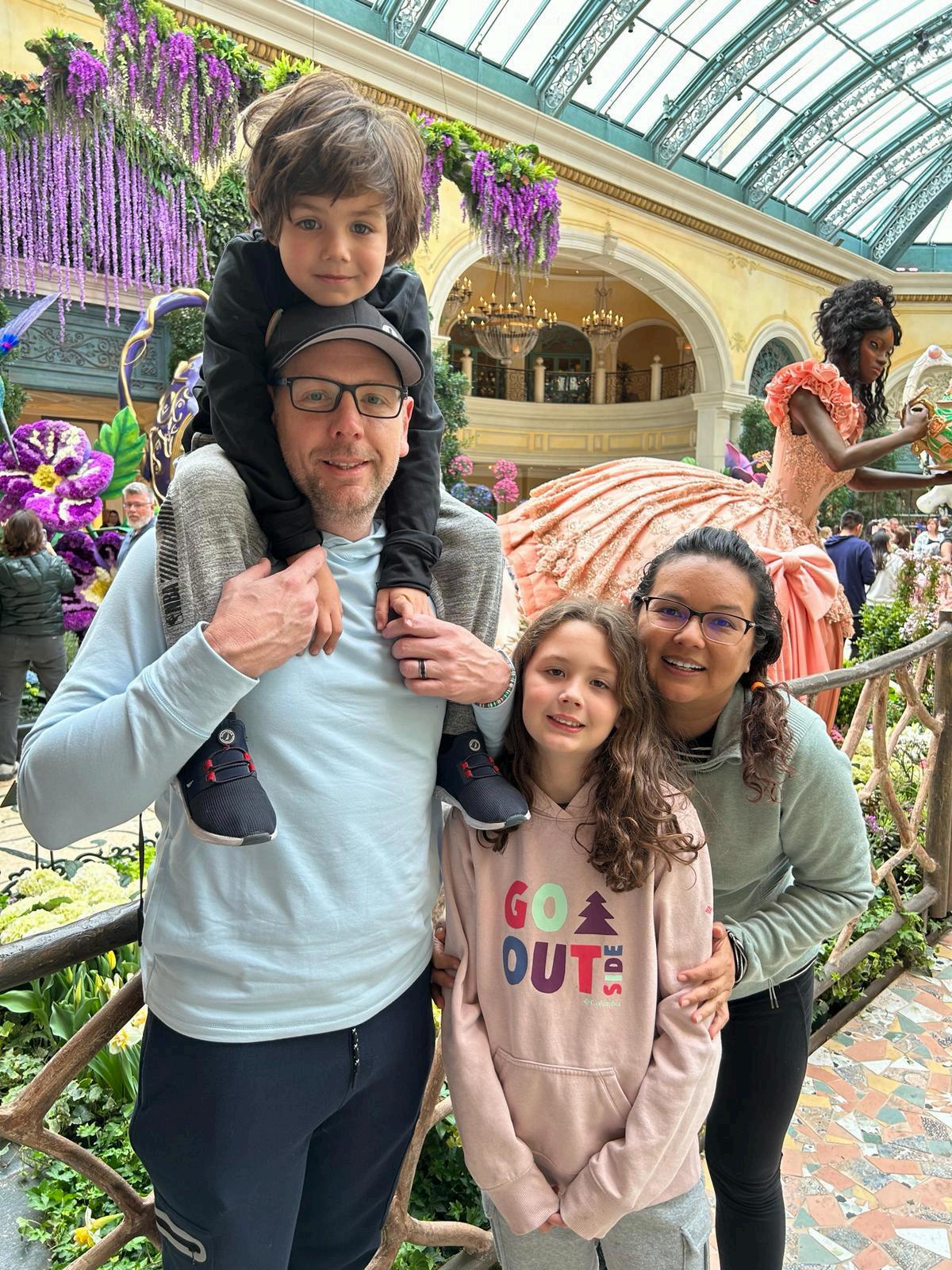
Communication is key to any career you aspire to. Being able to express your ideas concisely and effectively is essential Mastering the language of your destination is crucial fluency will help you adapt more quickly to its culture. Dive into the local customs, etiquette, and societal norms to prepare yourself thoroughly
I highly recommend engaging with a counsellor at your educational institution to set clear academic and personal expectations. Consider pursuing internships in your field starting from the second year of college to gain practical insights and realworld experience. Additionally, equip yourself with a basic understanding of economics and finance. These skills are vital for managing personal finances effectively and understanding global economic dynamics.
My journey through the arts led me to learn essential business skills, which not only advanced my career but also paved the way for me to become a business owner a foundational knowledge I wish I had acquired earlier. So, embrace these learning opportunities early to pave a smoother path for your future
Class of 1991


Company: GP Capital Partners SRL. Partner & Chief Investment Officer “CIO” Mail: gvergara@pais.do REPÚBLICA DOMINICANA

Tell us about your experience abroad.
I have been living in the Dominican Republic for 13 years. Before moving here, I served as the President of BBVA Asset Management Colombia. I was invited to join a fascinating project: the creation of two new companies in the Dominican Republic a Trust Company and an Investment Fund Management Company
This opportunity presented a unique professional challenge I had no prior experience in the Dominican Republic, and these industries were in their infancy in the country. Transitioning from managing a well-established business in Colombia to creating two companies from scratch in an emerging market was both daunting and exciting. It required not only building a solid foundation for these new enterprises but also navigating the complexities of a developing sector in a completely unfamiliar environment.
Tell us about a time when you felt the biggest cultural shock.
When I first arrived in the Dominican Republic, I experienced a significant cultural shock regarding work discipline and pace I initially felt that commitments were approached with more flexibility and that work was carried out at a slower rhythm compared to what I was accustomed to Over time, I came to understand that the work culture here is simply different. While the pace may seem slower, tasks ultimately get done, and results are delivered
One of the most valuable lessons I learnt is that, in the Dominican Republic, people place a strong emphasis on achieving a healthy work-life balance This perspective has helped me appreciate the importance of harmonising professional and personal priorities
What would be the two advantages and disadvantages of working abroad?
Advantages:
Gaining the flexibility to understand and adapt to different ways of thinking broadens your perspective and enriches your worldview Experiencing personal and professional growth in environments outside your comfort zone, proving that you can thrive and succeed even in unfamiliar and challenging settings.
Disadvantages:
Being far from family, especially during important moments or illnesses. Raising children away from their grandparents and extended family
What advice would you have liked to receive before you left?
I would have appreciated advice on how the pension systems between the two countries work in the long term. Additionally, more detailed information about healthcare options and coverage would have been important

What is the biggest lesson you learnt from TES that you are still putting into practice?
My experience as president of the student Council at TES was instrumental in shaping my leadership skills It taught me the importance of prioritising the well-being of the people I work with and fostering a supportive and collaborative environment Additionally, it helped me develop strong negotiation skills, which have been essential in resolving conflicts, building consensus, and achieving successful outcomes in my professional journey
What is your favourite memory of TES?
One of my favourite memories of TES is the “Sport Days”. I remember it as a day filled with friendly competition between the Aztecs, Incas, and, of course, the Mayas who always won! It was a day of sports, excitement, and endless laughter, bringing everyone together in a spirit of camaraderie and fun
“ ”
My experience as president of the Student Council at TES was instrumental in shaping my leadership skills.


What are the foundations the school gave you in your education to help you get to this point in your professional life?
TES provided me with a strong foundation in several key areas that have been essential to my professional journey My English education gave me the ability to communicate effectively in a global context. The school also taught me how to connect with people from diverse backgrounds, including different countries, religions, and perspectives Additionally, TES fostered my analytical thinking and helped me understand the vital importance of building and maintaining strong personal relationships.
Embrace adaptability and remain open to new perspectives. “ ”


What advice would you give current TES students planning their lives abroad?
My advice to current TES students planning their lives abroad is to embrace adaptability and remain open to new perspectives Take the time to understand and respect the cultures you encounter, as this will help you integrate and grow both personally and professionally Build a strong support network wherever you go, and never underestimate the value of maintaining connections with family and friends back home Finally, be patient with yourself success in a new environment takes time and perseverance.




Tell us about your experience abroad
I went to UCL to do my PGCE, and it was an incredible experience I was very happy because my IB exams from The English School (TES) and my IGCSE exams helped me secure a place at UCL, which is ranked as the number one institution in the world for education. I spent a year in London pursuing my dream of becoming a teacher, inspired by the amazing educators from my school. I still fondly remember Elizabeth Bernal and Brian Seve as my favorite teachers, whose passion and dedication motivated me to follow in their footsteps
“
I spent a year in London pursuing my dream of becoming a teacher, inspired by the amazing educators from my school.
”
Tell us about a time when you felt the biggest cultural shock.
When I moved to the UK, the biggest cultural shock was how quiet children were in schools.
It was surprising compared to the lively atmosphere I was used to in Colombia. I also learnt that “Miss” and “Missus” have distinct meanings, which was new to me Another major difference was how people greeted each other. There’s no kissing on the cheek or physical touch when saying hello Personal space is very important for Londoners, unlike in Colombia, where hugs, kisses, and a touchy approach are part of everyday interactions I also noticed that Halloween is not widely celebrated, with only a few houses participating in decorations or trickor-treating, which felt unusual. However, one thing I loved about the UK was its embrace of intercultural diversity. It’s a place where people from all over the world are welcomed and celebrated
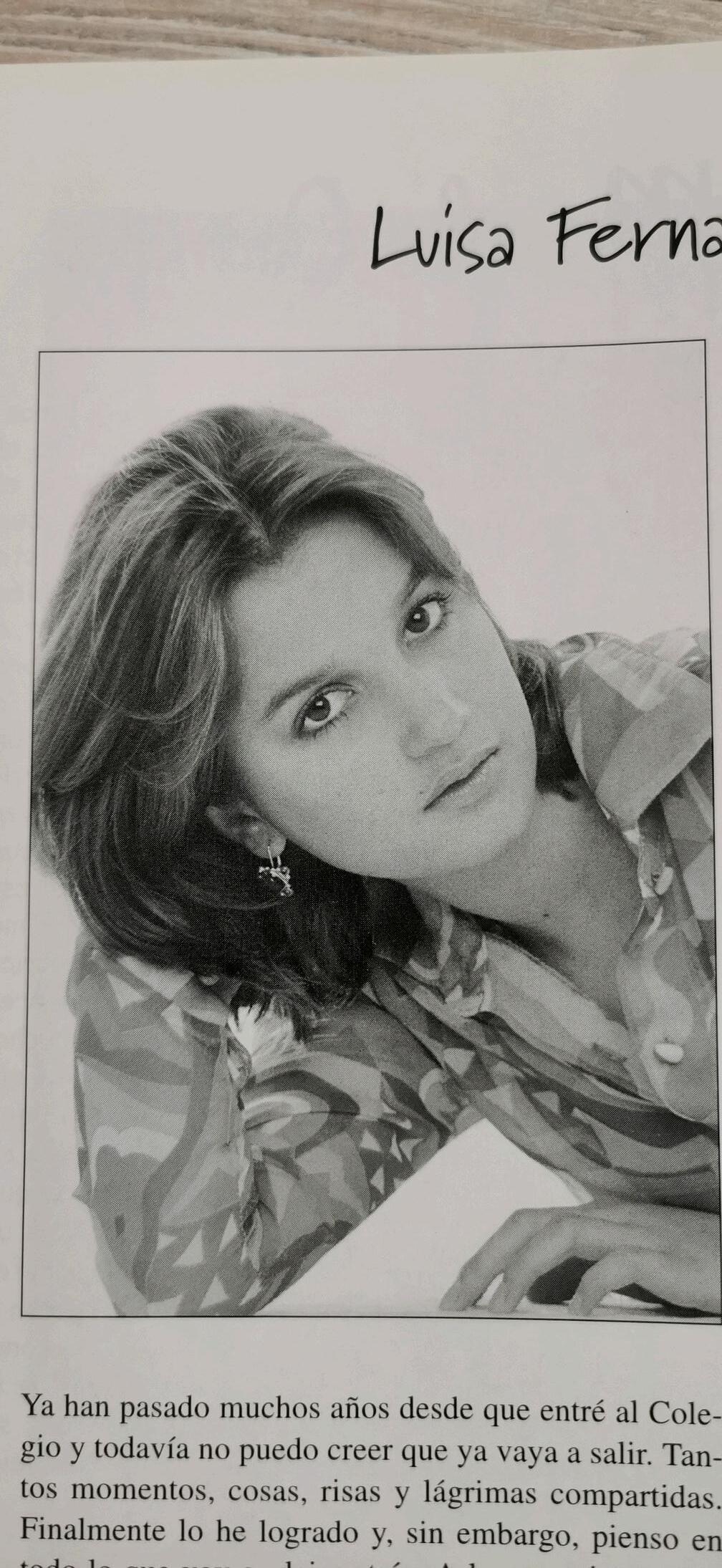
was how important reading is for UK stu Students are always reading everywhere, makes their vocabulary richer and help problem-solving in maths. However, there were also some challenges. much colder than Bogotá, and I found constantly feeling cold, especially during du being a Colombian in another country was di
What is the biggest lesson you learnt fro that you are still putting into practice?
The biggest lesson I learnt from school perseverance can take you anywhere. Workin and dedicating yourself to learning are the achieving your goals No matter how chall the journey might seem, staying focuse working hard can help you succeed in a country

What advice would you give current TES students planning their lives abroad?
My advice is to take your IBYP and DP exams seriously, as they can open doors for studying abroad Also, cherish the community and teachers at your school Finally, having the same friends from kindergarten builds lifelong friendships that become a strong support system throughout your life Appreciate these moments
What is your favourite memory of TES?
One of my best memories of school was the day I received my IB results. I was so proud of myself and everything I had accomplished, knowing that all the hard work and dedication had paid off
